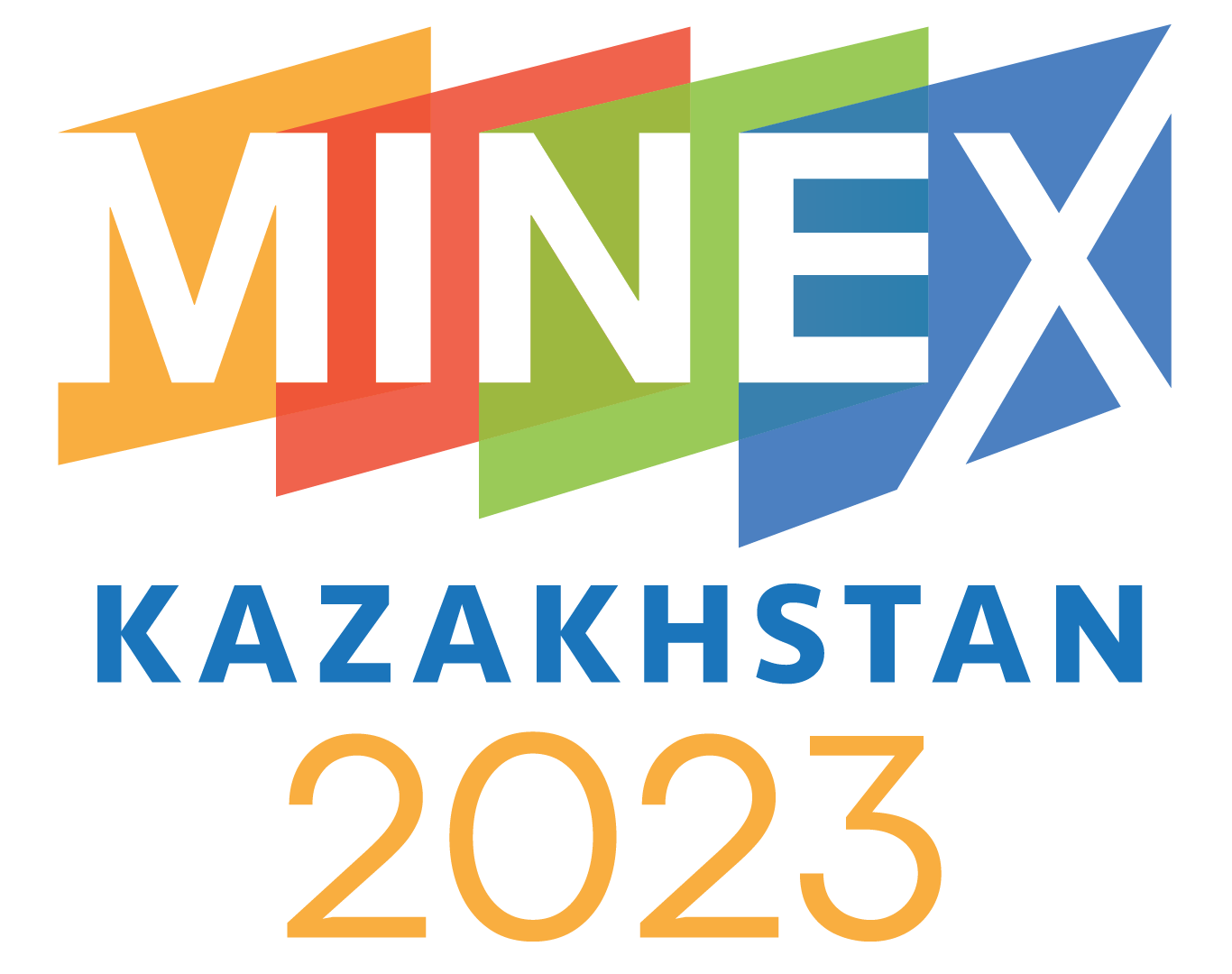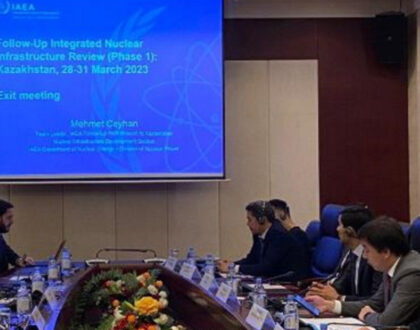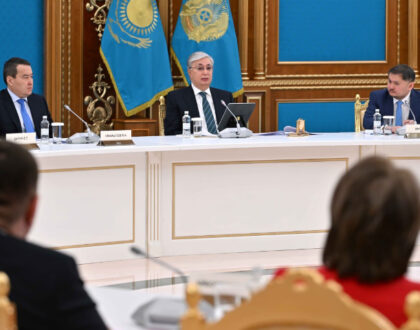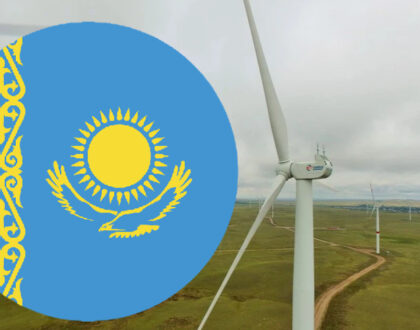Kazakhstan-China: contours and dynamics of cooperation

The trade and economic relationship between Kazakhstan and China has grown significantly over the past 30 years since the establishment of diplomatic relations. Despite the impact of the COVID-19 pandemic, the volume of trade between the two countries increased by 23.6% in 2022, setting a historical record of $31.2 billion. This figure was “two years ahead of plan,” according to Chinese Ambassador to Kazakhstan, Zhang Xiao.
Kazakhstan’s key exports to China in 2022 included oil ($4.1 billion), gas ($1.2 billion), copper ores and concentrates ($2.04 billion), uranium and nuclear fuel ($817 million), and other ores including iron, zinc, and precious metals ($1 billion). Meanwhile, China had a significant presence in the transport segment with the export of over 3.5 million tires, 12.5 thousand passenger cars, almost 3 thousand tractors, 2.8 thousand trucks, and more than a thousand units of special equipment, along with 200,000 motorcycles and mopeds, and half a million bicycles.
The two countries have also jointly implemented 52 projects worth over $21 billion in the field of industrial cooperation, including a petrochemical complex in Atyrau, wind farm projects in Zhanatas and Shelek, a glass plant in Kyzylorda, and a joint venture for the production of fuel assemblies for Chinese nuclear power plants.
Another important area of cooperation between the two nations is atomic energy. The first batch of fuel assemblies for nuclear power plants produced by the Ulba TVS JV, 51% owned by NAC Kazatomprom and 49% by China Nuclear Energy Corporation, was delivered to China in 2021. In 2022, Kazakhstan exported fuel assemblies worth $51.1 million to China, with the enterprise slated to reach its design capacity of 200 tons per year in 2024. The China National Nuclear Corporation (CNNC) has also begun construction of a uranium trading hub in the Xinjiang Uygur Autonomous Region near Alashankou on the border with Kazakhstan, with storage capacity expected to reach up to 23,000 tons of uranium by 2026.
Kazakhstan and China are also involved in green energy projects. In November 2022, the Chinese Universal Energy won lots with a total capacity of 250 MW at an auction for the construction of renewable energy sources, while another company with Chinese roots, Next Green Energy LLP, won a lot for a wind farm in the Aktobe region with a contracted tariff of 12.99 tenge per kWh.
Other major projects in Kazakhstan with Chinese capital include a contract with NFC Corporation to build a copper concentrate processing plant for the Baimskaya project in Chukotka implemented by KazMinerals worth $2.3 billion under the One Belt, One Road initiative, as well as a 10-year EPC contract between Sinohydro International Engineering and the Kazakh Kazdelltom Mining Company for additional exploration and production of copper in the Aktobe region worth almost $1 billion.
Despite the dependence of the two countries, especially in the field of atomic energy, the prospects for deepening cooperation are clear, especially with discussions underway for the construction of nuclear power plants in Kazakhstan and the possibility of Chinese participation.



